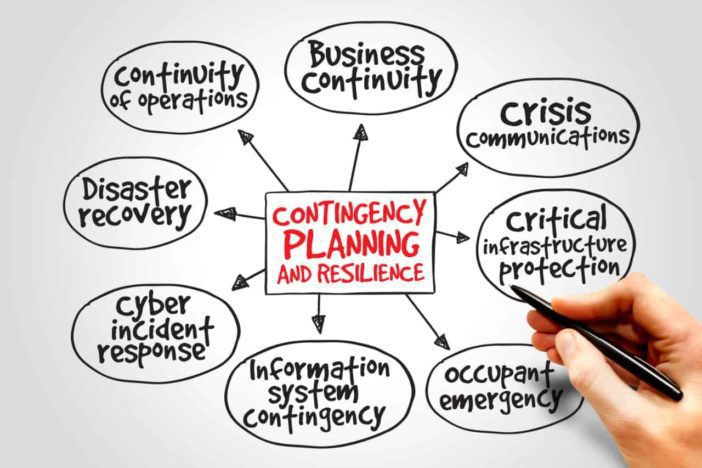Over the years, the internet has enabled online users to search for information quickly and helped them communicate with people from all around the world. And now, the rise of technological innovations offers a much more systematic way of enhancing lives and sectors, especially the business industry.
Keeping up with such fast-paced developments, companies now acknowledge the importance of investing in technology and computer software. These assets provide efficiency in a company’s operations as they grant secure data storage, and provide employees’ trouble-free access to the company files. An employee monitoring software also helps the administrators keep track of the overall performance of the company and its employees.
If you own a business in New South Wales, Australia and you want to achieve massive growth, you can look for managed IT services Sydney to help you with strategic IT planning, cloud services, and other security issues. But to help you ensure your business’s continuity, here are more important tips:
1. Upgrade Your Security System
A good computer security system has these important functions: secures the safety of critical files, protect the identity of the employers and employees, prevent malware from entering the system, and provides a robust defense against cybersecurity attacks. If you’re lacking in just one of these features, then you probably should consider upgrading your system. An upgraded cybersecurity system will also protect your important files and information against security breaches, so hackers won’t be able to steal confidential data from you and do fraudulent transactions with them.
When upgrading, you should first assess the security system you’re currently using. Determine its strengths and weaknesses and see if these strengths can withstand unforeseen attacks. If not, then consider making improvements.
It’s also better to install additional layers of protection such as multi-factor authentication and biometrics verification. These measures may help discourage hackers that want to infiltrate your organization.
Lastly, invest in an efficient IT security system and management. IT managers oversee the entire information system of your business. They can monitor your transactions and business operations and help address potential cybersecurity issues. Using an up-to-date IT security system, they can also identify suspicious activities in your operations and block identified cyberattacks.
2. Prepare for Potential Challenges
You’ll never know when a natural disaster will occur or when your company will face provocations, so you have to keep in mind that prevention is always better than cure. When you have enough knowledge of your business, you’ll see the potential threats to its growth. Threats such as disasters, pandemics, economic recession, and even the absence of your employees for emergency reasons may significantly affect the flow of your business operations.
A good example of this is the Covid-19 pandemic. The unemployment rate dramatically escalated because of this global epidemic. Some businesses in different parts of the world were forced to stop operating indefinitely, while some decided to close permanently.
In times like this, you can continue with your business operations by leveraging the digital world. You can sell your products through online platforms such as eBay and Amazon. However, you must be competitive and innovative because you’ll have plenty of competitors in this market. Do a competitor analysis to find the weaknesses of your competitors and improve your products and services to address customer pain points based on these weaknesses.
As a business owner, it always pays to have contingency plans in place to keep your business going even in the toughest times. These contingency plans will prevent your business from going downhill.

3. Build A Recovery Team
A recovery team consists of experienced professionals who will help you find ways to recover from losses in worst-case scenarios in as little time as possible. This could be data loss from a compromised system, loss of company properties, and other types of significant losses that may result in business closure when not resolved immediately.
In selecting the right people for your recovery team, the determination to work on rebuilding a company should be a priority for consideration. They should also have advanced, creative, solution-oriented ideas that will help you replace your company’s previous strategies that didn’t work.
Conclusion
An ideal business continuity plan doesn’t just focus on the company’s growth. It should also prepare the company for potential challenges and offer timely, feasible solutions in the event of worst-case scenarios. Roadblocks are part of any business growth, so if you want continuity, you should also prepare your business effectively to make it through even the roughest roads ahead.





